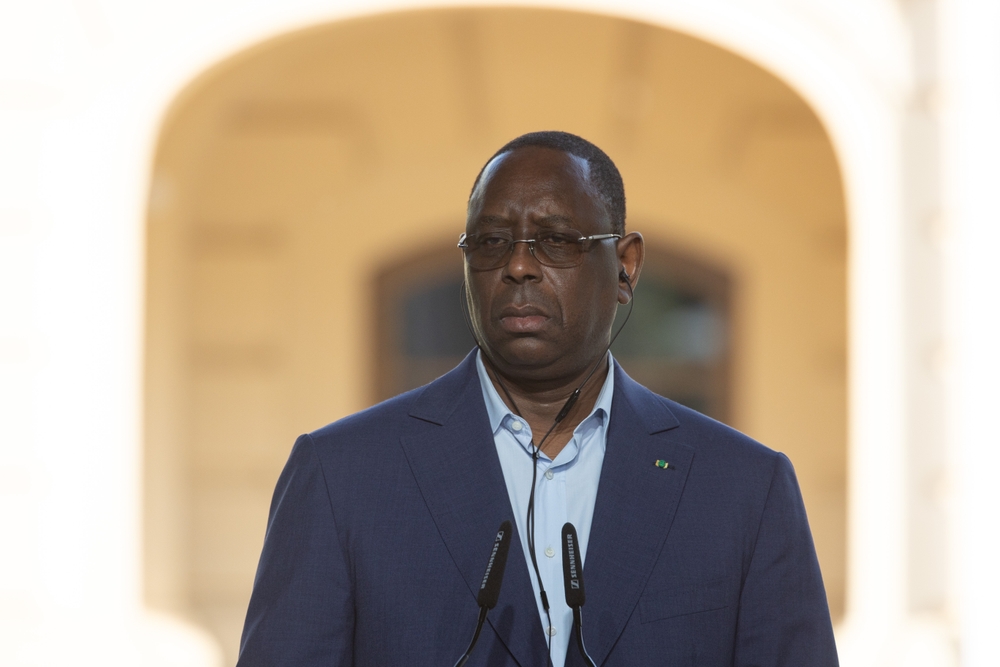Both cryptos and alcohols give users some kind of a high or energy to users - in a neurochemical sort of manner.
 Have you heard of the Macallan Imperiale ‘M’?
Have you heard of the Macallan Imperiale ‘M’?
Turns out it is the most expensive whisky in the world, according to CNN. In fact, I discovered in the course of writing this column that a bottle of whisky or vodka can cost millions of dollars, but in the case of our Macallan liquor, we are told that unlike in most cases, it is not because of the expensive gold or diamond packaging or an other material in the bottle but because of the intrinsic rarity value that this thing that costs a bomb.
Bomb? How much would that be?
Well, let me tell that the Macallan Imperiale costs about 1.07 bitcoins. Confused? Okay, it is $628,205 in US dollar terms – or about 4.6 crore Indian rupees.
I am quoting the price of arguably the world’s most expensive whisky in terms of bitcoins is because I say that there is not much of a difference between alcohol and cryptocurrency. For that reason, the government and other state agencies including the Reserve Bank of India should consider giving cryptocurrencies what I call “alcohol status” as I argued recently in a video news debate.
Before I elaborate, let me point out that Prime Minister Narendra Modi recently worried about how speculative cryptocurrencies could end up in the “wrong hands” as he cautioned on new-age technologies that have the potential to be used as” instruments of conflict and domination.”
The Reserve Bank of India is serious about the ills of crypto and its governor wants a debate on this. I hope the folks at Ballard Estate have been listening to me or reading this column as I call for alcohol status to cryptos. High-tech cryptocurrency exchanges and influential speculators have meanwhile begun lobbying for a “light touch” regulation that might well be a way of being so soft that you let a Ponzi-meets-gambling environment go largely untouched.
Agreed that China’s ban on cryptocurrency does not seem to be working. Agreed that like smuggling of gold and hawala trading via Dubai in the good old days, cryptocurrency trading is difficult to police. We need to be practical, and that is where I think we need to explore the striking parallels between booze and bitcoin.
Let us look at the parallels
Cryptocurrency speculation can be a sin like gambling or drinking because it can be addictive and ruin personal finances.
Cryptos are bad for the environment because a great amount of energy is used in computerised mining of the dubious currencies before they become as a tamper-proof, transparently and easily traded asset class much like gold.. Alcohol is bad for health if consumed recklessly – and cryptos can potentially ruin the atmosphere.
Both cryptos and alcohols give users some kind of a high or energy to users – in a neurochemical sort of manner. It triggers some great feelings in the hearts and minds of consumers. But both have no underlying nutritional value as such though you can always say that you are working harder at the office today because you feel your bitcoin portfolio shot up yesterday.
JP Morgan Chase’s CEO Jamie Dimon recently described bitcoin as “worthless’ because it has no underlying value but added that his investment bank was now doing work related to it because its customers were adults and it cannot be ignoring business opportunities in a legitimate, clean manner. And he did say cryptos will be regulated.
Just like alcohol, I might add.
The government may, like in the case of state-run booze shops, start its own cryptocurrency and link it to value. In fact, the authorities are said to be planning India’s own Central Bank Digital Currency (CBDC) through a pilot project next year.
But we cannot get away from all those cryptos because a CBDC is in the works. Experts argue that cryptos can have an adverse effect on macroeconomics because crypto trading functions like a parallel economy.
I don’t know how it will work as high-tech issues need deeper contemplation, but experts need ways to tax crypto trading and play favourites among the currencies — just like you tax rum but do not allow illicit arrack or toddy that can cause deaths. India’s state governments have traditionally relied a lot on alcohol to raise tax revenues. Prohibition is difficult to enforce but there is a limit to which you can let things run free. A middle way is what I call creative regulation — and here is where an alcohol status may be the right thing to do with cryptos.
Let’s regulate cryptos in a way that boosts tax revenues. Linking the proposed CBDC with a recognised bunch of cryptos with a policing/vigilance requirement may be a good idea.
With some luck that might help us cut the GST on petroleum goods. Or use crypto-linked revenues to boost rural development or manage climate change.
Nothing like taxing sin to encourage virtue, right?
MADHAVAN NARAYANAN
The author is a senior journalist and commentator who writes and speaks on thought leadership issues in the fields of political economy, governance, business, society, and culture. He has worked for The Economic Times, Reuters, Business Standard and Hindustan Times in a long career covering these issues. He is on Twitter as @madversity
Sourced by Mansi Chaturvedi


